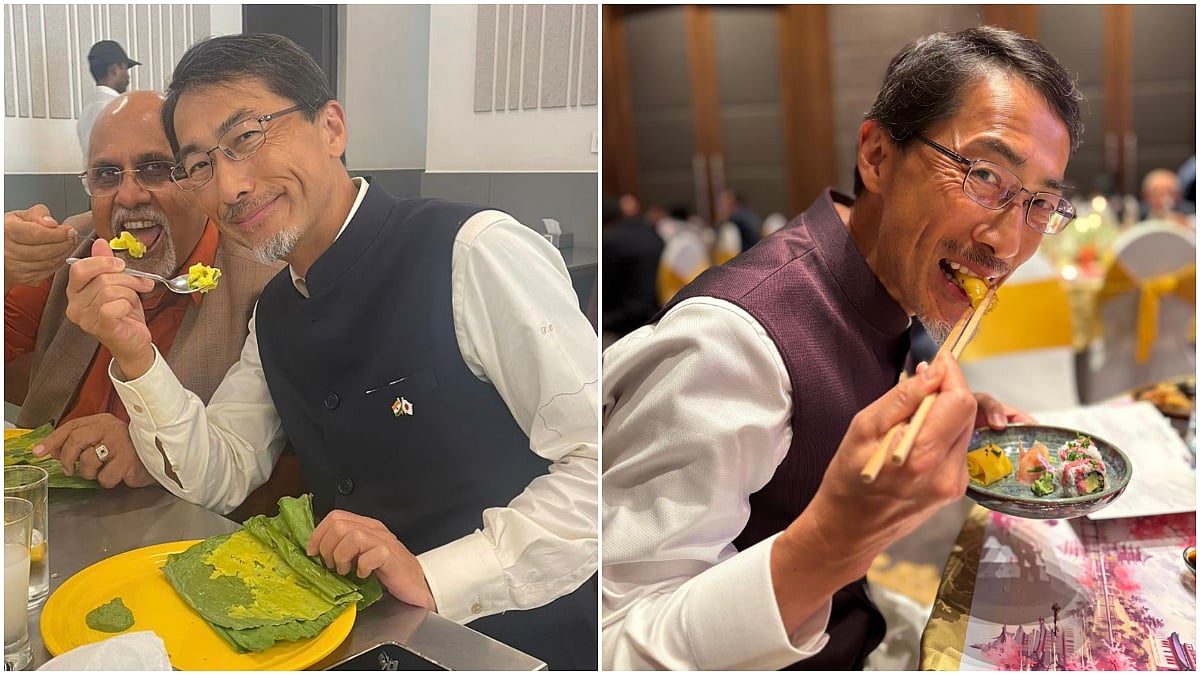BHOPAL: Madhya Pradesh has reported 500 cases of dengue till mid August this year, which is 62% of the cases recorded in 2020. Last year, total dengue cases stood at 806, according to health department officials.
Malaria cases, meanwhile, are likely to drop to 10,000 this year in comparison to last year when 12,000 cases were reported in Madhya Pradesh. The numbers of malaria cases are gradually going down as in 2015, about 1 lakh cases were reported. Dr Himanshu Jaiswal, National Vector borne control programme officer said,” Malaria is under control in the state. By this year, the number of cases is likely to be around 10,000. Last year, the figure was 12,000. We have managed to bring malaria cases down as five to six years ago, the figure stood at around 1 lakh. So we have controlled malaria.
Health department termed dengue urban areas problems as mosquitoes breeding sites are mostly construction sites, kitchen gardens and the dengue spreading mosquito is the most active in the daytime. Malaria cases are mostly reported in rural areas as urban populace use repellants and other electronic devices to keep malaria mosquitoes, which are active during night, at bay.Rural areas, mostly opt for mosquito net and burn Neem leaves for protection against mosquitoes.
As far as dengue is concerned, mosquitoes bite in day time so there is no need for nets so we launch a larva destruction campaign in urban areas, said Jaiswal.
Major cities like Bhopal, Indore, Gwalior and Jabalpur are always at high risk as they are densely populated cities. Besides, Ujjain, Ratlam, Mandsaur are also in the risk zone, he added.
Elimination of Mosquito Borne Endemic Diseases (EMBED) Project, supported by Godrej Industries Private Limited; is being implemented by Family Health India in collaboration with local NGO partners and Health Department of the Government of Madhya Pradesh.
The Goal of the project is to reduce morbidity and mortality due to Malaria and Dengue in nine districts of Madhya Pradesh through behavior change communication (BCC), community mobilization and increased access to preventive services and mosquito repellent products to the last mile. Mandla, Dindori, Shivpuri, Sheopur, Jhabua, Alirajpur, Balaghat, Sidhi, Singrauli, districts have been reporting higher Annual Parasitic Index (API) and are high focus districts for Vector Borne Disease Control Program in Madhya Pradesh.
Health department distributes Long Lasting Insecticidal Net (LLIN) under which insecticide is mixed in the nylon thread because of which it remains effective and lasts long to control malaria. The nylon-mixed insecticide has a life of three years and can stands 20 washes.











